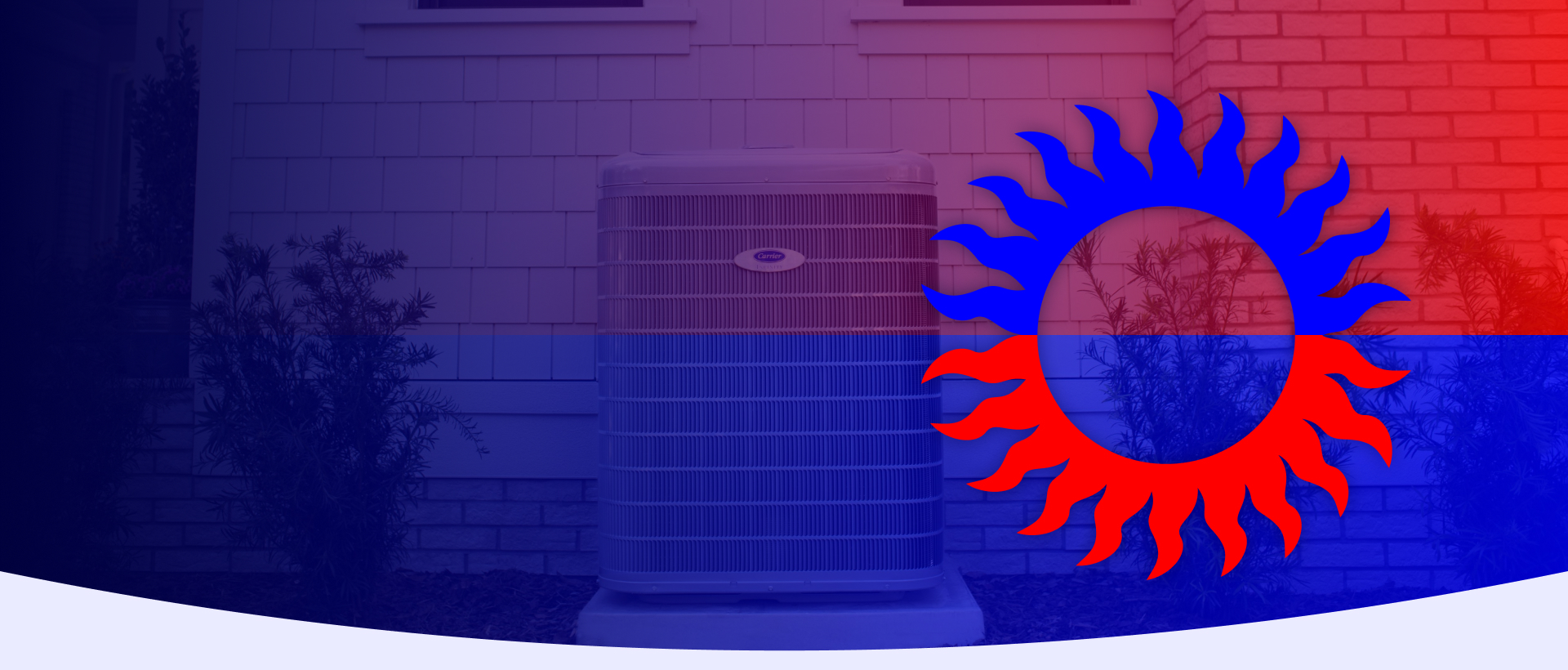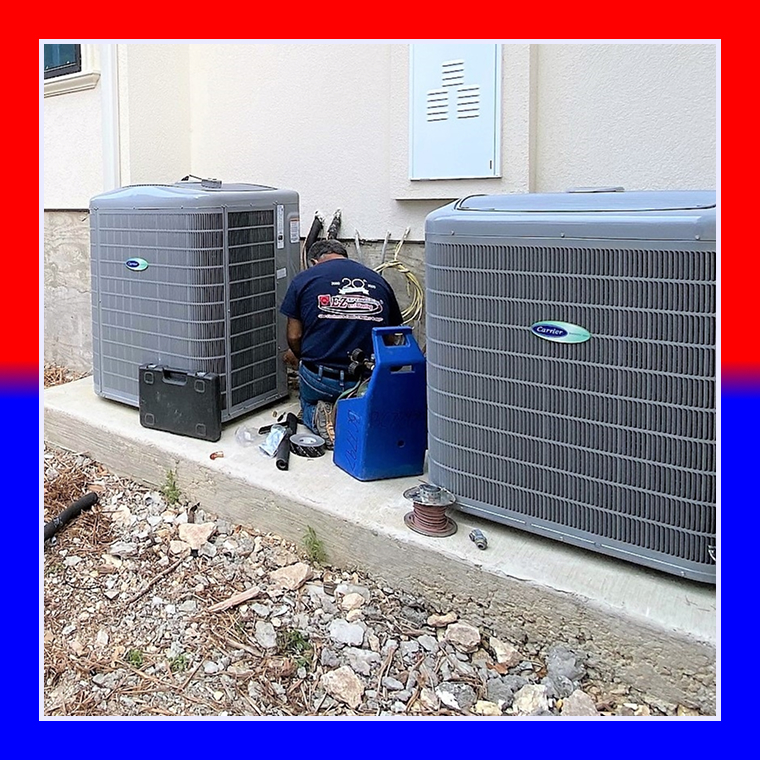
Matters to Us!!!
Proudly Serving San Antonio and Surrounding Areas for 25+ Years
Our Expertise
Whether it’s maintenance, repair, or installation, our team brings skill and care to every job. Count on EZ Air Conditioning & Heating ® for service you can rely on.
HVAC Professionals in San Antonio
Serving Bexar, Kendall, Bandera & Medina Counties with Trusted Heating and Cooling Solutions
When your comfort's on the line, you need a team that makes it easy to stay cool in summer and warm in winter. At EZ Air Conditioning & Heating ®, we’ve been helping homeowners and light commercial customers across the San Antonio area since 2000. Whether it’s a full heating system replacement, a quick AC repair, or routine maintenance, our certified technicians deliver top-level service backed by real experience and advanced HVAC technology.
As the most decorated Carrier dealer in the region, and a proud recipient of the Carrier President’s Award, we bring proven reliability and honest craftsmanship to every job. From smart thermostat upgrades to ductwork fixes and same-day emergency repairs, we handle it all with speed, skill, and integrity.
Call (210) 791-8823 or complete our online form to request a free estimate in San Antonio, Boerne, New Braunfels, or nearby cities.



Experience the EZ® Difference in HVAC Service
There’s a reason why EZ Air Conditioning & Heating ® continues to earn the trust of families from Bexar to Bandera County. Every service call is backed by licensed, insured professionals who know how to get the job done right without upselling or cutting corners. Our team doesn't just work in this area; we live here, too. That means we treat your home like our own, and your comfort is always the top priority.
Whether you’re dealing with an aging furnace in Helotes or want to upgrade to a high-efficiency heat pump in Schertz, we’ll walk you through your options and get to work fast. We also offer financing, satisfaction guarantees, and weekend availability, making it easier to take care of HVAC needs on your schedule, not ours. We make HVAC service easy, stress-free, and dependable, just like it should be.

Why Work With Us?
Benefits of Working With Factory Authorized Carrier Dealer Experts
Our team of certified and experienced HVAC experts are ready to assist!
-
9x Carrier President’s Award Winner
-
Licensed & Insured for Your Peace of Mind
-
Hablamos Español Para Servirle Mejor
-
Contact Our Team Today for a Free Estimate
-
Work Guaranteed with Warranty Coverage
-
Financing Plans Designed to Fit Your Budget
Fast, Emergency Help When You Need It Most
When the heat’s climbing or your system won’t start, you don’t have time to wait days for a fix. That’s why we offer same-day appointments whenever possible and even book weekend visits for urgent repairs. From emergency AC service to full system replacements, we’re equipped to move quickly without sacrificing quality.
Our technicians arrive on time, ready to diagnose the problem and deliver real solutions, not band-aid fixes. With transparent pricing, proven products, and the support of a top Carrier dealer, you can count on a smoother, easier repair process from start to finish.
Call (210) 791-8823 today to schedule same-day HVAC service in San Antonio, New Braunfels, or the surrounding Hill Country. Se habla español.
-
"Highly Recommend"
I have been very pleased with them for 16 years. They are honest and dependable and reasonable. They have serviced my ac and heating under contract the entire time. I highly recommend them.
- Christine F. -
"Couldn't Be Happier"
Special thanks to Jonathan, Chris, & the install team - we couldn’t be more happier. We wanted to work with a company that had a good reputation as well as an authorized Carrier dealer and we got exactly that.
- Edward F. -
"Thorough & Efficient"
Chris was very thorough and explained everything to me in an understandable fashion. He worked efficiently and expertly and got my system up and running again. People like Chris are hard to find!
- Arnold M. -
"Great Job"
The installation crew did a great job. They left the inside and outside area clean. Stayed until we knew how to use the new system. We recommend EZ Air Conditioning & Heating without hesitation!
- Michelle L. -
"Highly Recommend"
Came out on a Saturday when my AC went out. He was able to have it running in no time. He later came back to do maintenance on it & was very thorough. I highly recommend EZ Air Conditioning & Heating and their staff.
- Sandra B. -
"Professional and Friendly"
The cost of the same day service and resolution was surprisingly, and thankfully, affordable... I would definitely recommend calling EZ Air Conditioning & Heating if the need arises. There's no one else I would call for AC help!
- Andrew J. -
"Customer for Life"
I was so impressed with Robert and EZ Air Conditioning & Heating that I ended up purchasing their Diamond program to continue taking care of my HVAC for the next three years. Thank you for all your help and professionalism.
- Conway M. -
"Top-Notch Company"
All very knowledgeable and meticulous... Their prices are fair. They always explain what they did and send a detailed report with photos. We are very happy with this company and can highly recommend them. Top notch!
- Michael L.




.png.2509031000494.webp)




